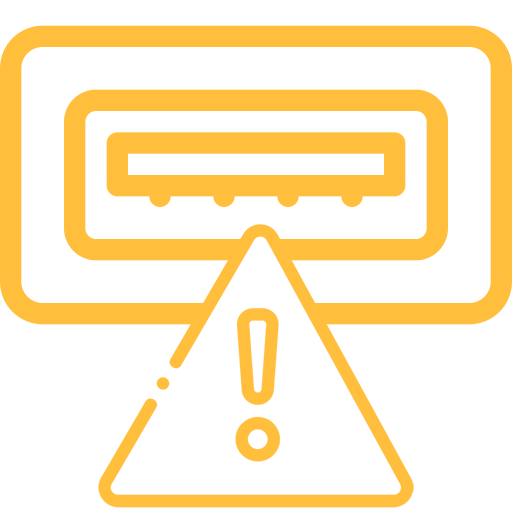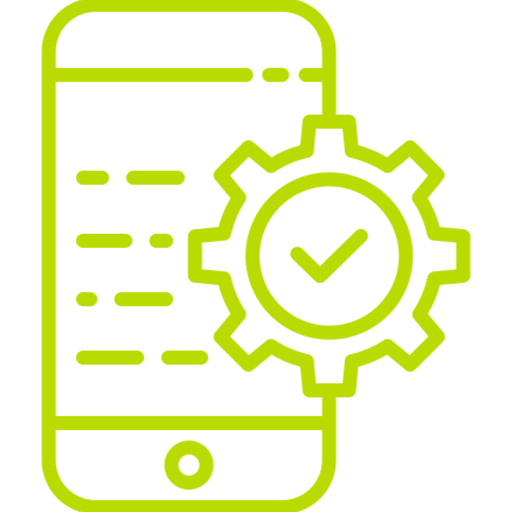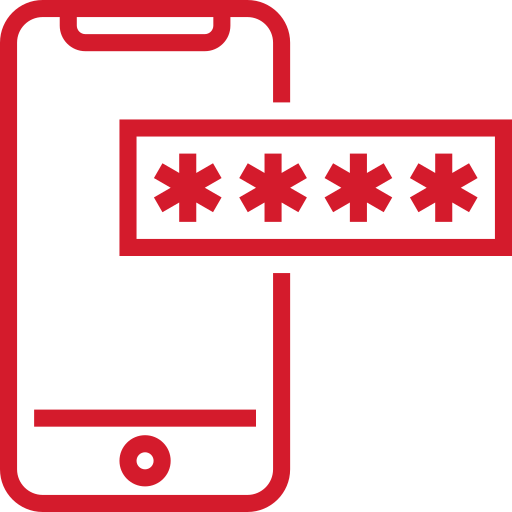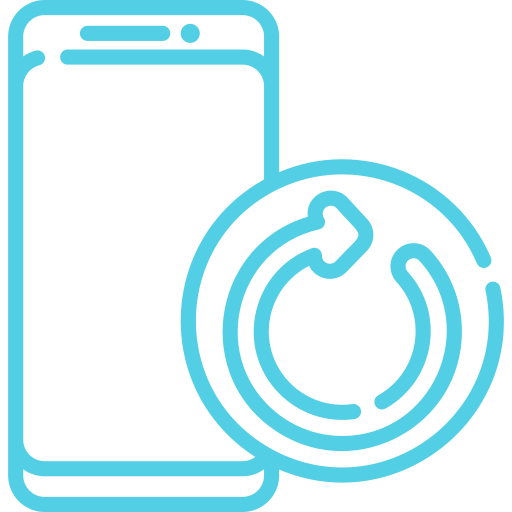Mobile Security
So much sensitive data in one place. Learn how to stay secure.
Avoid Being a One-Stop Shop for Cybercriminals
Almost everyone uses mobile devices for everyday activities. Your banking, purchasing, and social-networking accounts are all desirable to cybercriminals—and constant verification for applications only reinforces these vulnerabilities.
Read on to learn ways to stay smart and secure on your mobile device.

Mobile Security Tips
Think Before You Connect
Before you connect to any public Wi-Fi on airplanes, in hotels, or at the café, be sure to confirm the name of the network and exact login procedures with staff to ensure the network is legitimate. Using your mobile network hot spot connection is generally more secure than using a public Wi-Fi network.

Charge Safely
Public USB ports and abandoned charging cables can host malware. “Juice Jacking” is a type of cyber-attack that involves using public charging stations (yes, even Northeastern charging stations) for installing malware on your device.
Bring your own charger, and only plug in to traditional outlets or your laptop whenever possible. Experts also recommend powering down your device before charging to prevent malware from being downloaded onto your device.
Knowledge Check!
True or False: Using your own charging cord to plug directly into a public electrical outlet will protect you from “juice jacking.”
You’re Correct!
Malware can be installed to your device via USB charging stations, but not via electrical outlets.
Sorry, that’s incorrect!
Malware can be installed to your device via USB charging stations, but not via electrical outlets.

Prevention in Your Settings
iPhone users can enable USB Restriction mode to prevent unauthorized data transfers through the lightning data port, whereas android users can prevent unauthorized data transfers by going into the settings and disabling file transfer when using public charging stations.

Keep It Locked
Use a PIN, Face ID, or Touch ID to lock your phone when not in use. This will prevent a third party from quickly using your phone to spy on your information or install malware. If your phone is stolen, a locked phone will help prevent the thief from accessing your private information.
%
is the rise seen in the first half of 2019 in malware attacks targeting smartphones.
Update Your Mobile Software
Treat your mobile device like your home or work computer. Keep your operating system software and apps updated, which will improve your device’s ability to defend against malware.
Increase Your Cybersecurity Knowledge
Stay informed to keep your online experience safe—on and off campus.
Two-Factor Authentication
See how this login process drastically reduces breaches.
Data Backup
Keeping files stored properly saves you in an emergency. Learn how.
Public Wifi
Learn about ways to stay secure while connecting on the go.
Malware and Phishing Prevention
Discover ways to mitigate these common cyberattacks.
Mobile Security
Explore ways to protect devices that hold sensitive data.
Security While Working Remotely
Learn tips for working and studying safely anywhere.
Get Cybersecurity Help from Northeastern Experts
Enhance your discoveries and collaborations.
Submit any question, concern, or comment to the Information Security team for assistance with safeguarding your Northeastern experience.
For urgent matters, contact the IT Service Desk via live chat, at 617.373.HELP[x4357], or help@northeastern.edu.




